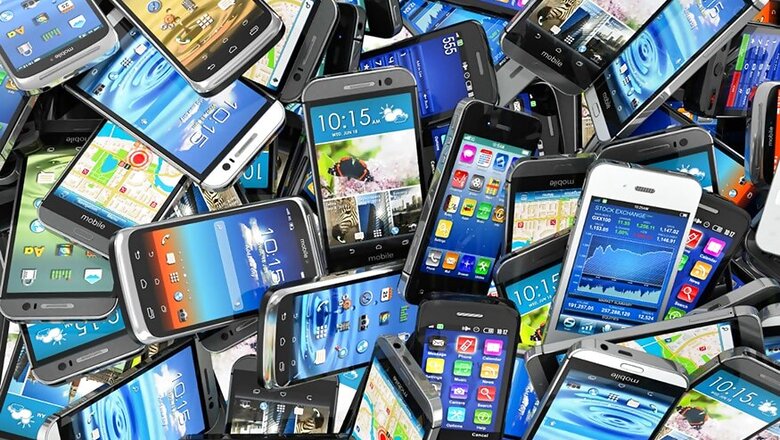
views
Extending the lifespan of smartphones by just one year would significantly reduce carbon emissions in the European Union, a report from environmental groups said on Wednesday, urging new EU rules to make electronics last longer. Activists said EU regulations should focus on the climate costs of producing smartphones and other electronic appliances, instead of the efficiency of their power consumption, as is largely the case now.
If smartphones, notebooks, washing machines and vacuum cleaners were used for just another year, the resulting drop in carbon emissions would be similar to that caused by removing all cars from Denmark, a state of nearly 6 million people, the report said. The document was published by the European Environmental Bureau (EEB), an association of dozens of non-governmental organizations. “The climate impact of our disposable smartphone culture is far too high. We can’t afford to keep replacing them every few years. We need products that last longer and can be repaired if they break,” said Jean-Pierre Schweitzer of the EEB.
The report invoked the “right to repair” for EU citizens, which would entail new requirements for appliance-makers to use more durable materials in their products, and make them easier to repair. The Commission was not immediately available for a comment. Of the electronics assessed in the report, smartphones, by far, had the largest climate impact, the study found. The more than 200 million smartphones sold in Europe every year have an average lifespan of three years, with the production, distribution and disposal phases accounting for the largest amount of emissions.
A smartphone would have to be used for more than two centuries to compensate for the emissions generated for its production, the study said, while the optimal lifetime of a vacuum cleaner should be around 20 years. The full life cycle of smartphones sold in Europe is responsible for 14 million tonnes of carbon emissions, more than those produced in a year in Latvia, which has a population of 2 million. United States’ Apple Inc and South Korea’s Samsung, two of the biggest makers of smartphones sold in Europe, were not immediately available for a comment.




















Comments
0 comment